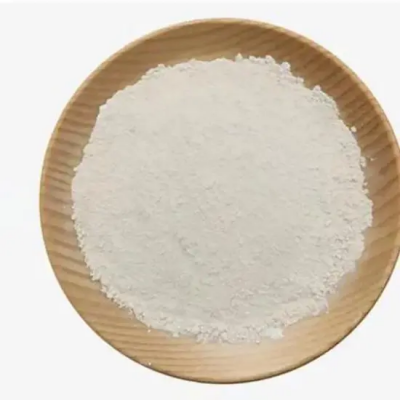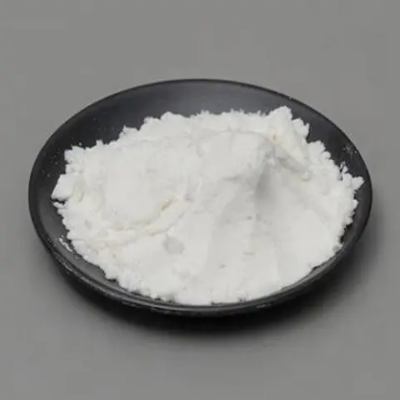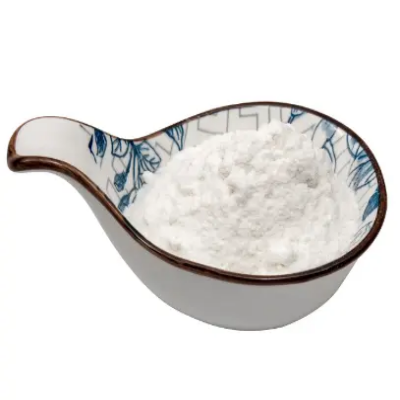Exenatide CAS:141732-76-5
Exenatide is indicated for the treatment of type 2 diabetes mellitus, offering an effective means of improving glycemic control and supporting overall metabolic health. As a glucagon-like peptide-1 (GLP-1) receptor agonist, exenatide mimics the action of endogenous GLP-1, which plays a key role in regulating glucose metabolism. By activating GLP-1 receptors, exenatide enhances insulin secretion from pancreatic beta cells in response to elevated blood sugar levels while simultaneously suppressing the release of glucagon, thereby reducing hepatic glucose production. These actions help to lower blood sugar levels and decrease postprandial hyperglycemia. In addition to its effects on insulin and glucagon, exenatide also slows gastric emptying and promotes satiety, contributing to reductions in body weight and improvements in appetite control. This multifaceted approach makes exenatide a valuable therapeutic option for individuals with type 2 diabetes who require additional support beyond traditional oral antidiabetic agents or insulin therapy. Exenatide is available in both immediate-release and extended-release formulations, providing flexibility in dosing regimens to accommodate individual patient needs and preferences. The medication is typically administered by subcutaneous injection, with dosing frequency varying based on the specific formulation and the prescribed treatment plan. The use of exenatide may be considered as monotherapy or in combination with other antidiabetic medications, such as metformin, sulfonylureas, or insulin, depending on the patient's response to initial therapy and the overall goals of treatment. Its role in combination therapy underscores its potential to contribute to comprehensive and personalized approaches for managing type 2 diabetes across different stages and clinical scenarios. While generally well-tolerated, exenatide may be associated with side effects such as nausea, vomiting, diarrhea, or hypoglycemia, particularly when used in conjunction with insulin or sulfonylureas. Patient education and close monitoring are essential components of care to ensure optimal outcomes and adherence to the prescribed treatment regimen. In summary, exenatide represents a valuable addition to the armamentarium of treatments available for type 2 diabetes, offering a multifaceted approach to glycemic control and metabolic regulation. Close collaboration between healthcare providers and patients is essential for integrating exenatide into the overall management plan, tailoring therapy to individual needs, and addressing potential side effects to optimize the balance between therapeutic efficacy and quality of life.



| Composition | C186H286N50O62S |
| Assay | 99% |
| Appearance | white powder |
| CAS No. | 141732-76-5 |
| Packing | Small and bulk |
| Shelf Life | 2 years |
| Storage | Store in cool and dry area |
| Certification | ISO. |









